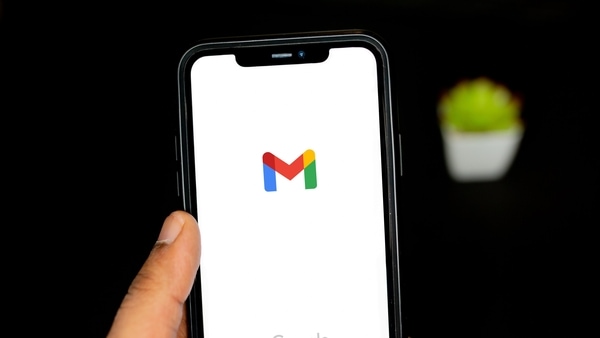
How to sniff out a scam, even when you’re in the middle of a call
1 month ago | 32 Views
On Instagram, it almost seems like scammers are working harder than content creators at the moment. Head to any post that was uploaded in the last few minutes – there are six comments already. And all of them look suspect. One is a billionaire looking to give away money. Two are “so horny right now”, they’re commenting on Gaza updates. As for the rest, their small business just made ₹1 crore last month and they’re going to show you how.
There’s a simple reason comments such as these persist. Enough suckers fall for these claims, making scammers rich. And they’re getting smarter even as tech gets better. “With AI and deepfakes, we can no longer trust the evidence of our senses,” says Vivek Ramachandran, the CEO and founder of cybersecurity platform SquareX. It’s still possible to suss out a scamster online, some signs are as old as time.

The hurried hustle. The friend who’s popped up in your DMs sending you a link that’s totally out of character. The insurance rep who has all your details and wants to send you the bonus for a policy. The bank manager who wants your Aadhaar because your account has been “frozen by RBI”. The credit card salesman who needs your OTP to transfer points. The post-office executive who’ll “transfer your call to the police department” because someone apparently used your ID to send drugs. They all seem like scams when you’ve had time to think about it. But those who’ve been duped say it happens too fast for anyone to think. The best way out: Stall. If a stranger calls with a request, ask them to call back in an hour. Their urgency should ring alarm bells – a genuine caller won’t mind contacting you later in the day. No police case is that urgent.“If you feel something is suspicious or you feel vulnerable, hang up,” says Benild Joseph, Bengaluru-based WhiteHat hacker.

The fake link. Esha Rachel Chettri, a fourth-year engineering student from Bengaluru, was looking for a Polaroid camera to gift her friend in January last year. On the brand’s site, they retailed for ₹7,000 to ₹8,000. On the OptiCam India on Insta, they cost ₹1,000, so she sprung for it. Two weeks later, she received a message saying the product was delivered — but she’d received nothing. “I went to the Instagram account, but when I clicked on the website link in the bio, it just kept opening up to a pop-up,” Chettri recalls. Google whether the website exists before ordering anything, and buy from a site or marketplace you trust.
The access request. “Don’t google service numbers online; fake sites with authentic-looking contact numbers are hard to identify. It’s best to connect through the brand’s app,” says Chintan Shah, a 34-year-old chartered accountant from Mumbai. Three months ago, when a relative left their phone in a taxi, he googled the customer-care contact for the ride service, and rang the first number that popped up. The agent on the other end took the relative’s details and asked Shah to provide access to his phone, so as to generate a complaint. It’s what made Shah suspicious. “Never allow stranger remote access to your devices,” he says. He disconnected immediately.

The sketchy details. Anyone can make a website, copying logos, mascots and landing-page design. The smaller details are where they falter. “Verify the website’s legitimacy by checking for secure payment options, customer reviews, and contact information,” says Joseph. “Be cautious of websites with misspelled URLs or poor design.” Brian Pereira, senior director, editoral, of Information Security Media Group (ISMG), says, “Ask them to give their details. See what other information about them is available online.” A new scam, sending people QR codes for fines, premiums, entry fees, advance bookings and other payments. Scan the code, but examine the page it is leading too - it may just be a fake site or payment page.
The mind game. Why trust anyone, even a known friend in your DMs, if they’re making a request they never did before? “In the real world, if you were in an unknown place, you’d be looking around, conscious of your environment and people around you,” says Ramachandran. “Similarly, when you’re online and in front of your computer, act like you’re in a new, insecure environment.” Pereira recommends limiting what you share online. You’d be surprised by how much someone can glean from a vacation, a new baby, a fancy meal, a commute or a birthday date.
Read Also: ios 18 siri to gain greater understanding of locations, people and more with ai: report

















